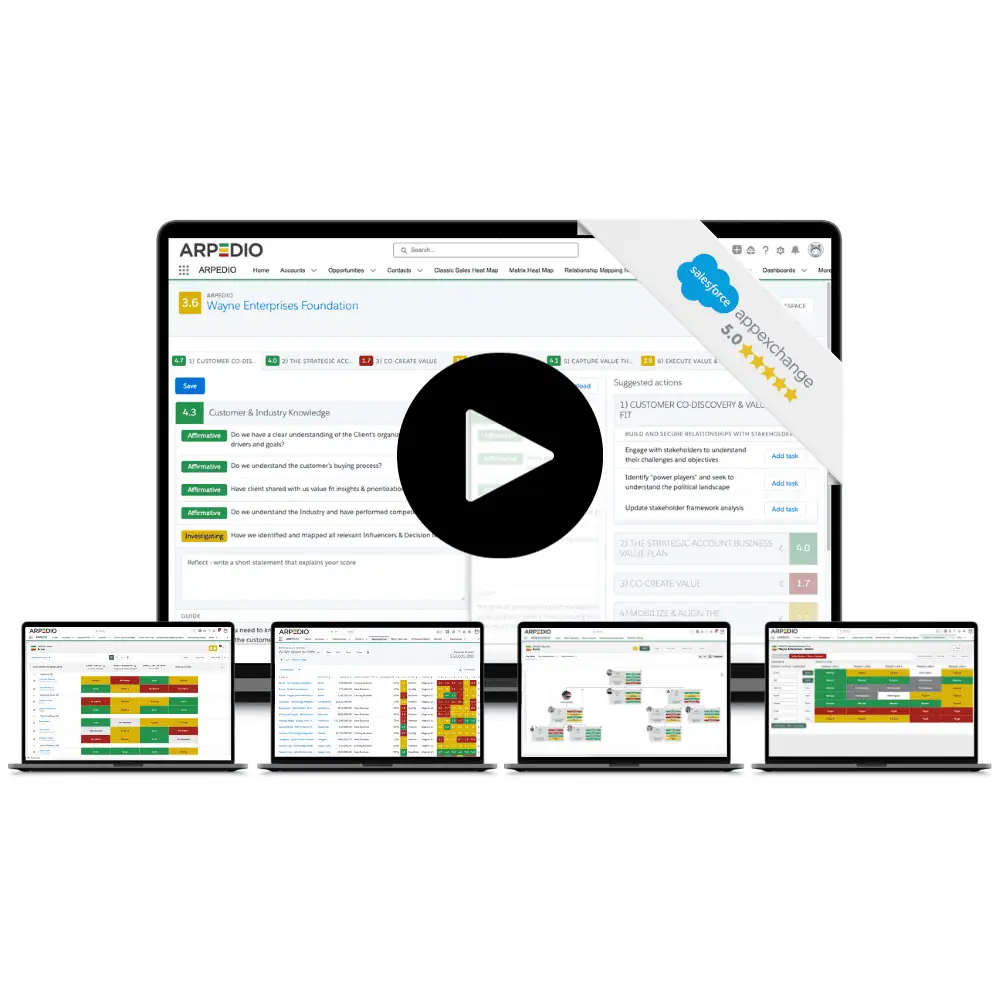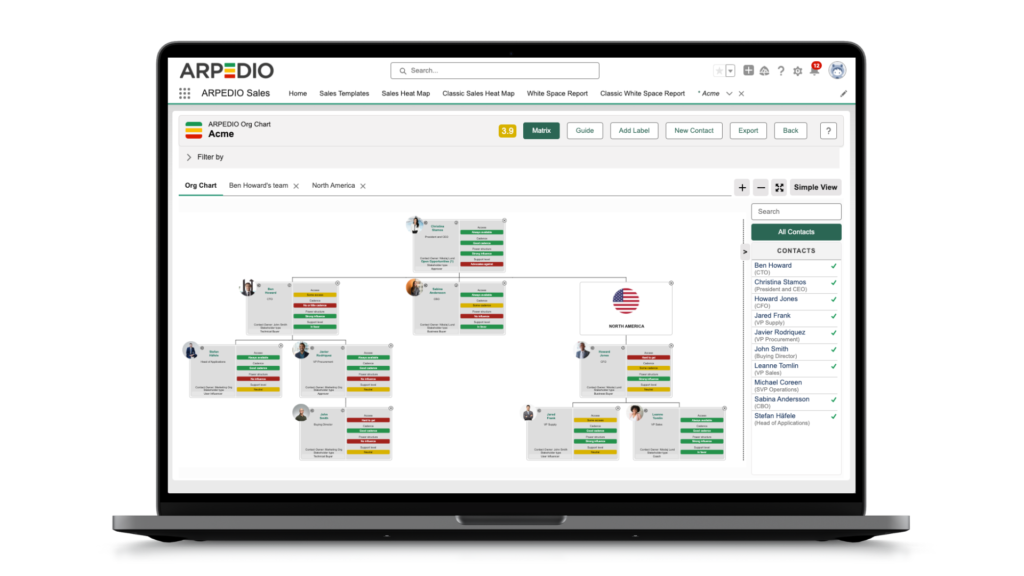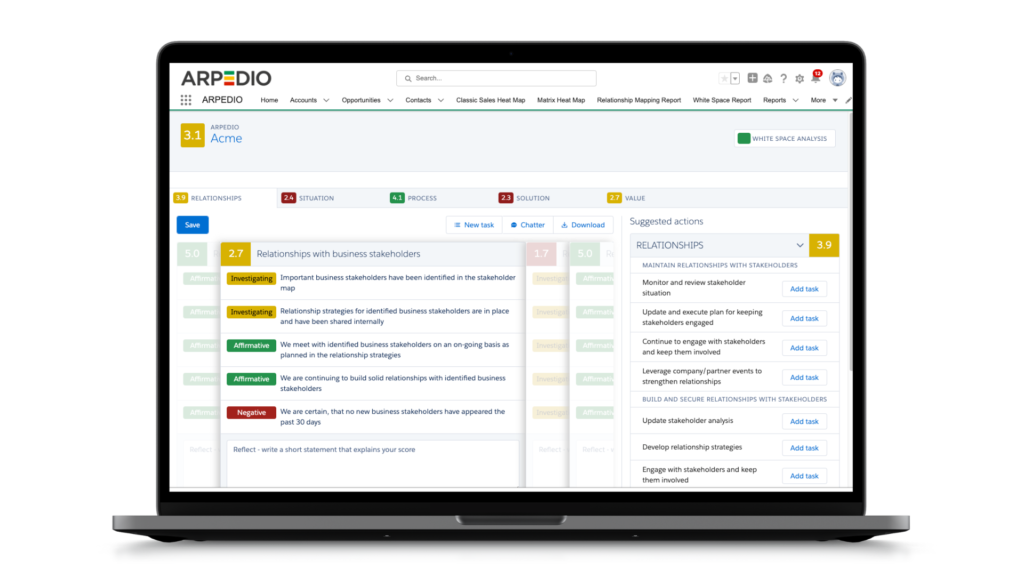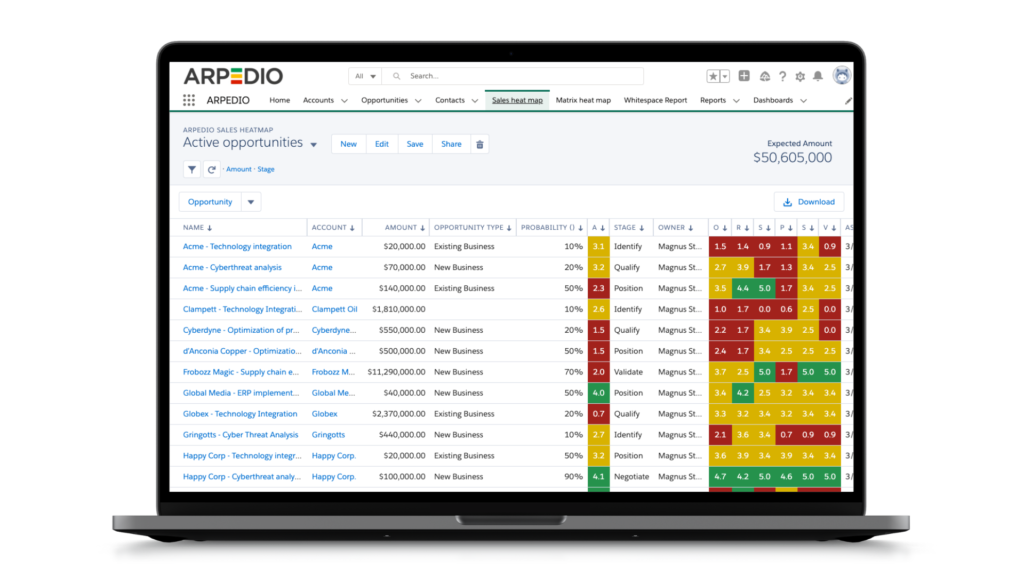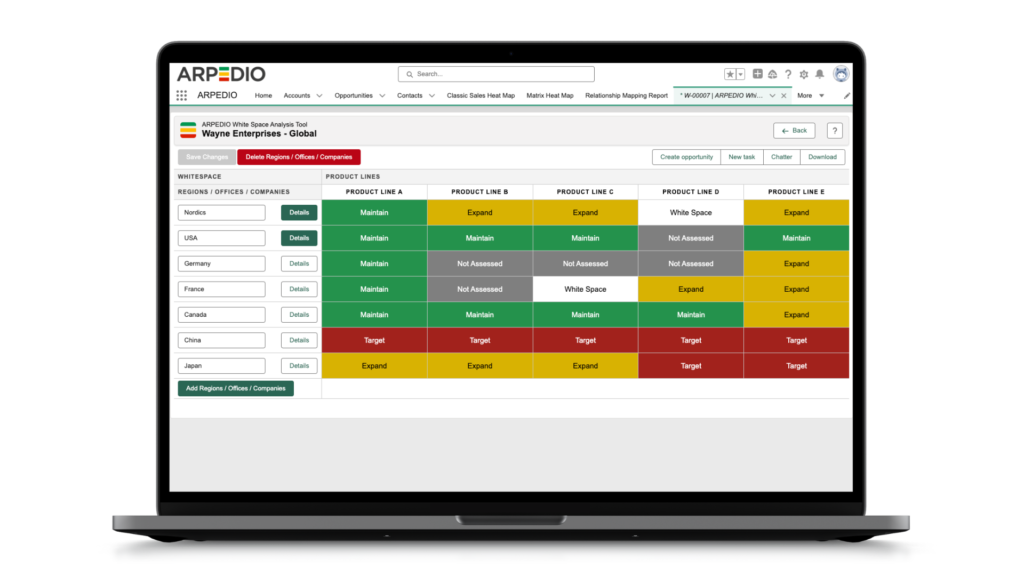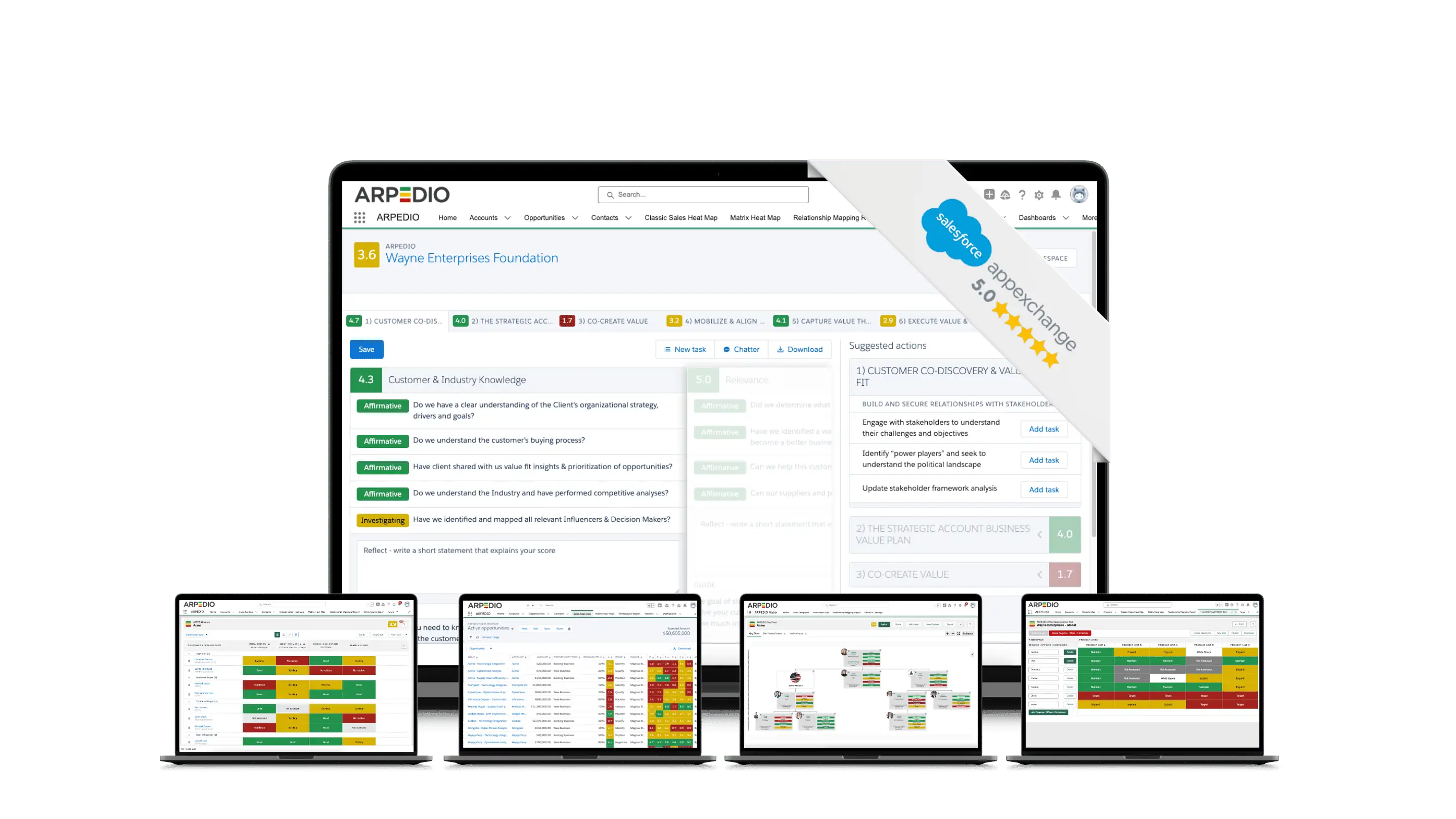As the tapestry of sales continues to evolve, the incorporation of artificial intelligence in sales stands out as a transformative force. To remain competitive and forward-thinking, companies are increasingly looking towards an AI sales strategy that not only augments human capabilities but reshapes them. This strategic shift involves more than the application of advanced technologies; it requires a comprehensive approach to sales strategy optimization, ensuring that every customer interaction is data-informed and every sales decision is precision-focused. Embarking on this tech-driven journey promises to revolutionize how businesses understand, interact with, and ultimately satisfy their customer base.
Understanding the Role of AI in Modern Sales Processes
The infiltration of artificial intelligence into the commercial landscape has ushered in a new era of efficiency and sophistication in sales methodologies. Today’s sales environment is constantly vibrating with data, interactions, and transactions that form the perfect milieu for AI to thrive. By applying AI-driven sales insights, sales teams are not only navigating this complex ecosystem with ease but also enhancing their performance metrics significantly.
The Evolution of Sales with Artificial Intelligence
Gone are the days when sales strategies were predominantly based on intuition and experience. Artificial Intelligence has revolutionized the industry, bringing about a paradigm shift that emphasizes predictive analysis and informed decision making. Enhancing sales with AI has enabled companies to engage with customers more effectively, anticipate market trends, and respond to shifting preferences with agility. This strategic inflection has reshaped the competitive landscape, empowering businesses to build more resilient and responsive sales engines.
Key Functions AI Performs in Sales Environments
In the pursuit of maximizing efficiency and output, AI has assumed a multi-faceted role within sales departments. Machine learning for sales performance is not just a buzzword; it’s a robust analytical tool that sifts through massive datasets to unearth patterns and insights unseen to the human eye. AI is at the frontline, automating repetitive tasks, curating bespoke customer experiences, and charting out profitable sales paths through predictive analytics. The application of AI in these domains not only streamlines operations but also patches potential revenue leaks, making it indispensable in the quest for sales excellence.
Assessing Your Current Sales Structure for AI Integration
Embarking on the journey of implementing AI in sales starts with a critical assessment of your current sales infrastructure. This crucial step identifies not only the potential for streamlining operations with sales automation tools but also sets the stage for devising a robust AI sales strategy. By conducting a comprehensive review of existing processes, companies can uncover bottlenecks that impede sales efficiency and spotlight opportunities ripe for AI enhancements.
Identifying Bottlenecks and Opportunities for AI Implementation
In the quest to harness the power of AI, it’s imperative to first locate the chokepoints where your sales process lags. With detailed analytics and process mapping, businesses can diagnose areas that would substantially benefit from automation and AI intervention. Implementing AI in sales isn’t merely a futuristic concept—it’s a tangible upgrade that can address delays in lead qualification, discrepancies in data handling, and inefficiencies in customer relationship management.
Setting Realistic Goals for AI Adoption in Sales
With the vision of AI integration comes the necessity of establishing realistic and measurable goals. When setting objectives for incorporating AI sales strategy adjustments, focus on enhancing customer experience, increasing conversion rates, and achieving scalable growth. Crafting attainable goals involves not just foreseeing the potential of AI but also understanding the journey there—including the training, adoption, and adaptation phases that your sales team will navigate through. An AI-powered sales transformation is as much about the people behind the data as it is about the technology itself.
The Importance of Data Quality in AI Sales Strategies
In the realm of AI sales strategies, the caliber of data cannot be overstated. The success of sales strategy optimization is inexorably tied to the integrity and precision of data used for predictive analytics for sales. As sales automation tools become increasingly sophisticated, incorporating high-quality data is pivotal for companies looking to leverage artificial intelligence effectively. Ensuring that data is meticulously collected, cleaned, and analyzed forms the backbone of an AI-driven framework, paving the way for more accurate forecasts and tactical business decisions.
Collecting and Cleaning Sales Data for AI Analysis
The initial step in fortifying data quality involves rigorous data collection methodologies complemented by thorough cleaning processes. Businesses must invest time in identifying relevant data sources, employing robust collection techniques, and establishing stringent protocols for data validation. This groundwork is crucial since the deployment of machine learning models in predictive analytics for sales is contingent upon a dataset free from inconsistencies and anomalies. Consequently, regular audits and cleansing routines must become an integral part of a company’s data management strategy to harness the full potential of sales automation tools.
Leveraging Machine Learning for Sales Performance Insights
With a repository of clean and reliable data at their disposal, organizations can then employ machine learning algorithms to uncover deep sales performance insights. These insights allow companies to not only discern patterns that inform current sales strategy optimization but also to anticipate future behaviors and market tendencies. The precision of machine learning combined with predictive analytics for sales equips businesses to make smarter, proactive decisions and to more effectively tailor their sales approaches to the evolving landscape. It is through the synthesis of these factors that organizations can realize a maximized return on their investment in sales automation tools.
Choosing the Right Sales Automation Tools
When it’s time to elevate your ai sales strategy, the market’s broad array of sales automation tools can appear daunting. The decision-making process should be approached with meticulous attention, as the right tools can significantly enhance the efficacy of artificial intelligence in sales. Crucial to this process is understanding your organization’s unique requirements. Key factors include the specific sales tasks you wish to automate, the complexity of your sales cycles, and the level of customer interaction your business maintains.
Scalability is a prime concern when implementing AI in sales automation tools. An ideal tool not only fits your current needs but also grows with your business, handling increased data volume and more complex operations without a hitch. Customization is another feature that cannot be overstated, as it allows the technology to adapt to your evolving strategies, market conditions, and customer expectations. A tool that offers an extensive range of customizable options permits a more tailored approach to your sales processes, aligning closely with your AI sales strategy.
Comparing various AI tools requires a rigorous evaluation of their features, ease of integration, user interface, and customer support services. Since each tool can differ greatly in the benefits it offers, align your selection with strategic goals for artificial intelligence in sales. Delve into user reviews, seek case studies, and if available, trial versions, to get a clearer insight into the tool’s performance and ensure it harmonizes with your business objectives. Remember, the right tool is a vehicle for comprehensive sales strategy optimization and should empower your team to forge ahead with confidence and clarity.

